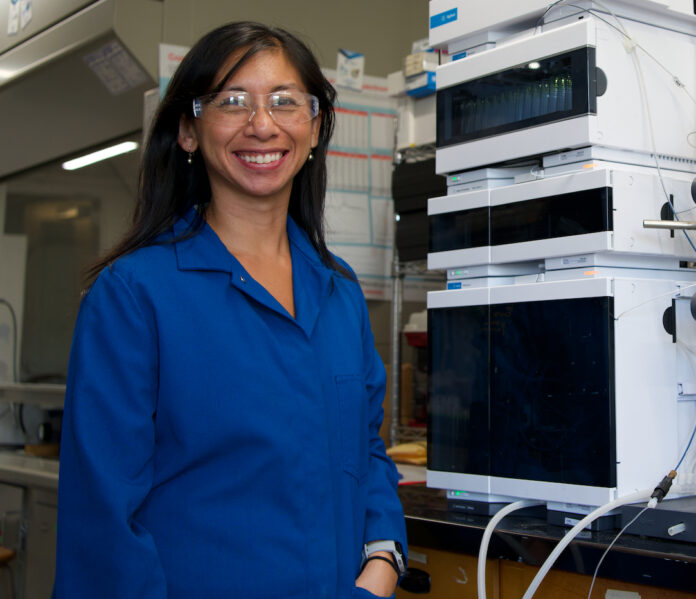SANTA CLARA, Calif. — Agilent Technologies Inc. (NYSE: A) announced that the University of California has received an Agilent Research Catalyst (ARC) Award on behalf of Professor Marie Heffern at the UC Davis campus. The award recognizes Professor Heffern’s groundbreaking research into the analytical characterization of peptide and protein therapeutics targeting incretin and related pathways—an emerging field that could significantly advance treatments for diabetes and obesity.
A faculty member in the Department of Chemistry at UC Davis, Professor Heffern leads research focused on how trace metal ions such as copper, iron, and zinc interact with incretin-based peptide therapeutics, including GLP-1 receptor agonists. These interactions play key roles in drug stability, bioactivity, and formulation but remain underexplored in current pharmaceutical development.
“Metal interactions with peptides are known to occur, yet observations on their impact on peptide therapeutic development have been largely incidental,” said Professor Heffern. “We think these interactions may both hold important clues for variability in patient response and inform the design of more stable and effective formulations. We are very excited to have the support from the Agilent Research Catalyst grant that will enable us to develop analytical tools directed at interrogating these interactions and allow us to systematically address these questions in a deliberate and comprehensive way.”
Her team is applying advanced analytical techniques—including liquid chromatography inductively coupled plasma mass spectrometry (LC-ICP-MS), native mass spectrometry, and high-resolution peptide mapping—to study metal-peptide binding under physiological and formulation-relevant conditions. Using Agilent instrumentation such as the Agilent 8900 ICP-QQQ, Agilent 6546 Q-TOF LC/MS, and Agilent Infinity II LC systems, the lab aims to build predictive models of metal-peptide interactions that can inform future drug design and formulation strategies.
“Professor Heffern’s research exemplifies the kind of scientific innovation the ARC program is designed to support,” said Iris Mangelschots, vice president and general manager of the Liquid Phase Division at Agilent. “Her work exploring metal-peptide interactions in therapeutic development is not only advancing analytical science—it’s helping shape the future of peptide-based medicines. We’re proud to provide the tools and support that will enable this important research.”
The ARC Award provides both funding and instrumentation, enabling Professor Heffern’s team to develop new analytical frameworks that could improve peptide drug stability, reduce degradation, and enhance overall therapeutic performance. These insights are expected to support pharmaceutical developers in refining formulation strategies, lowering costs, and improving treatment reliability.
“By leveraging Agilent’s advanced analytical platforms, Professor Heffern’s team is uncovering new dimensions of peptide formulation science that could reshape how we approach drug stability and performance,” said Nahid Chalyavi, associate vice president for University Relations at Agilent. “Supporting this work through the ARC program reflects our commitment to enabling translational research that delivers real-world impact.”
Through the ARC program, Agilent continues to provide financial support, advanced instrumentation, and scientific collaboration to accelerate innovation in life sciences, diagnostics, and chemical analysis—strengthening the connection between academic discovery and real-world biomedical applications.


